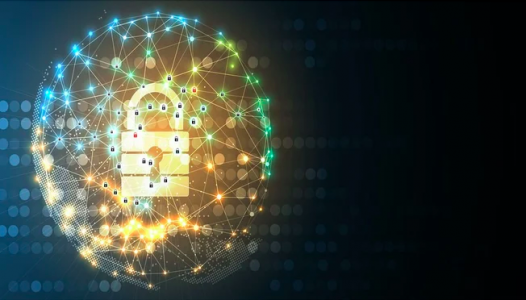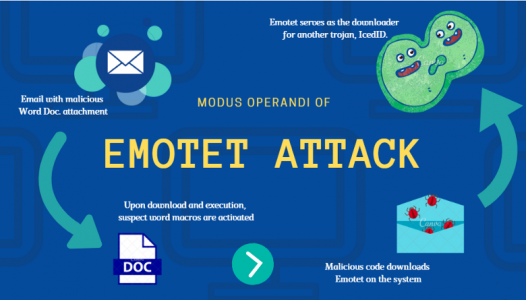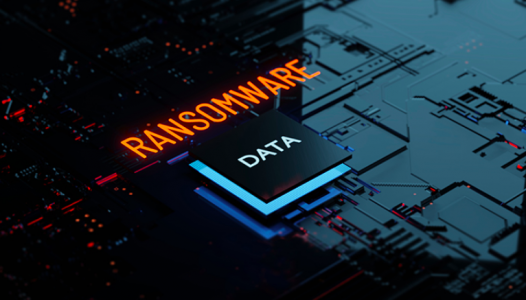Ransomware has become a global problem that requires cooperation on a worldwide level. Judicial experts and practitioners from the European Union and the United States participated in a two-day workshop in The Hague organised by Eurojust and the U.S. Department of Justice. The event aimed to share best practices and enhance collaboration in confronting ransomware attacks. The event was opened by Eurojust President, Mr Ladislav Hamran, and Assistant Attorney General Mr Kenneth A. Polite, Jr. of the U.S. Department of Justice’s Criminal Division.
Mr Ladislav Hamran said: ‘There is no doubt that the scale, sophistication and impact of ransomware attacks is significant, affecting all sectors of the economy and society at large. We warmly welcome the opportunity to join forces with our US colleagues in combating this form of crime. Through this week’s workshop, we are fostering closer cooperation, not only between national authorities, but also between the public and the private sector. I am convinced that this will prove crucial in our efforts to protect our citizens against online and offline threats.’
Assistant Attorney General Polite said: ‘Only by working together with key law enforcement and prosecutorial partners in the EU can we effectively combat the threat that ransomware poses to our society. I am confident that the US-EU ransomware workshop will spur greater coordination and collaboration to address the ransomware threat.’
The workshop, organised by Eurojust and the U.S. Department of Justice, brought together more than 100 prosecutors, law enforcement representatives and experts from the private sector and non-governmental organisations, representing 27 countries. It took place on 15 and 16 June at Eurojust’s premises and online.
Participants attended a series of presentations and panel discussions on topics such as transnational cooperation during ransomware investigations, victim remediation, and prosecution of criminal organisations.
Attorneys from the Justice Department’s Computer Crime and Intellectual Property Section (CCIPS), representatives from the FBI, the U.S. Secret Service, the U.S. Homeland Security Investigations (HSI), European Judicial Cybercrime Network, Eurojust’s Cybercrime Team and Europol’s European Cybercrime Centre shared their experiences, best practices, and lessons learned in directing an investigation to a successful outcome including by collaborating with the tech and wider private sector. Law enforcement officers also discussed adversaries’ tactics and the latest investigative techniques.
Prosecutors additionally discussed relevant changes in the law, including issues related to electronic evidence, charging options, and cross-border considerations. Private sector and non-governmental organisation representatives included the CyberPeace institute, Microsoft and Bitdefender.
Source: Eurojust






